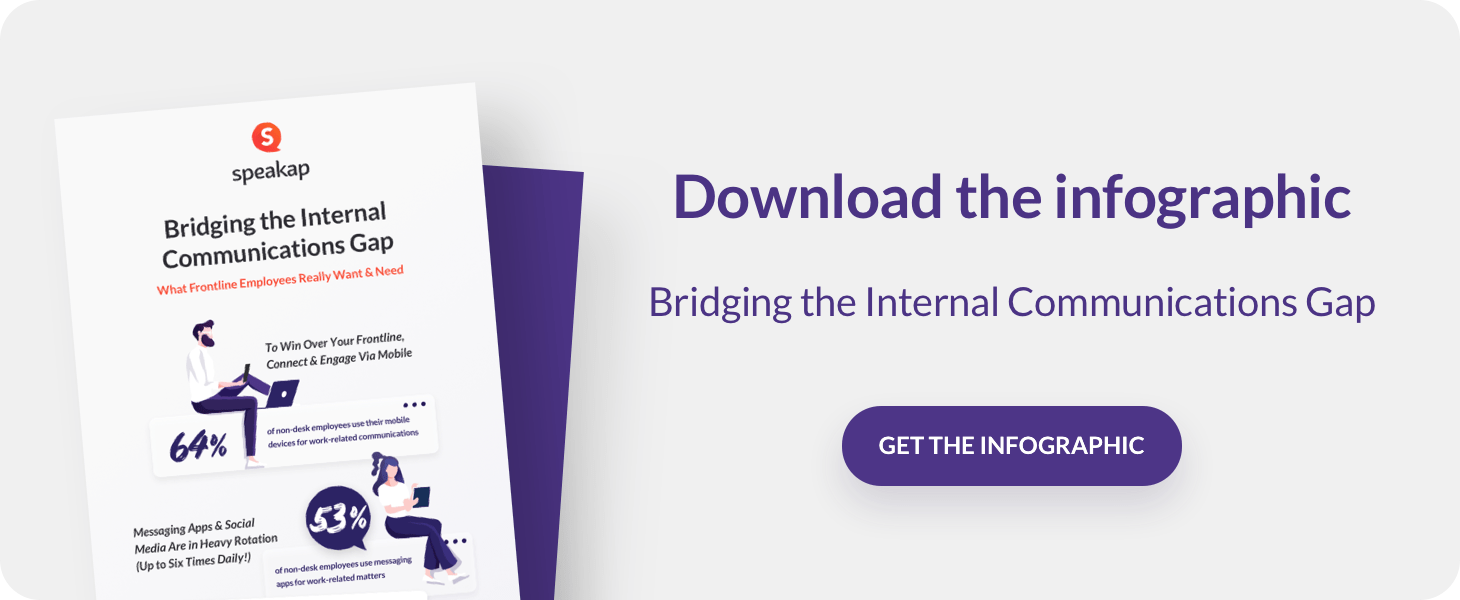Employee Recognition: The Power of Compliments
Most employees will be motivated to perform better if their managers praise and commend them more often. In fact, 67% of workers believe that this is a top motivator compared to financial and non-cash incentives.
But why are compliments so powerful? To answer this question, let's have a look at what the experts have to say:
- Psychological research concludes that positive reinforcement works better than punishment.
- Neurologists claim that dopamine, a chemical in our brain, is released when we hear something positive about ourselves.
- Management experts state that praise is a great and free way to boost engagement and performance.
In this blog post, you will learn how compliments can boost employee motivation, increase engagement, and what are the most effective ways to praise employee efforts.
 Praise works better than monetary rewards
Praise works better than monetary rewards
In a Gallup workplace survey, respondents answered questions on types of recognition that were the most memorable. Interestingly enough, public recognition or acknowledgment via an award, certificate, or commendation came first, followed by personal appreciation from a boss, peer, or customer. On the other hand, promotion or increase in the scope of work or responsibility and monetary awards did not even make it into the top 3.
The art of giving compliments
We can all agree that vague and superficial compliments such as, "Hey, you look great today" are not the best way to show appreciation. Complimenting should be work-related, honest, and authentic.
Here is a little checklist to help you make effective use of the power of compliments:
What to say
When you praise an employee, be specific and personal. Tell your employees how their contribution benefits the organization instead of just saying "great job". Acknowledge both the effort and the impact. Employees will feel more gratified when they realize the value of their work.
As stated in Employee Engagement: It's More Than Free Food, value is the key. All employee engagement starts with one question: "Do I feel valued?"
How to say it
The tone of a compliment is just as important as the content. Only say what you truly mean. Insincerity and flattery will corrupt your message. Even though the compliment should have a personal nature, it's preferable to keep the tone formal and businesslike. Facts should reinforce your praise, not superlatives.
Do not ask something in return for your compliment. Package deals like, "by the way, could you do the same for…", will probably raise suspicion about the sincerity of your praise. Lastly, never forget to put in a simple "thank you".
Where to say it
Praise can be delivered personally or publicly. As the previously mentioned Gallup survey suggests, public recognition is mostly favorable. Deliver your compliment in a team meeting, or send a message to all concerned.
But of course, there are many other excellent ways and ideas to compliment: eye to eye, a personal message via an employee communication app, an email, or even a handwritten thank you card.
When to say it
Successful managers promote a recognition-rich environment where praising employee efforts is part of the culture. A manager should always applaud outstanding performances but also make sure that everyone in the team regularly receives words of appreciation. You do not have to wait for an impressive result to give a sincere compliment. In fact, calling out a trait or skill can be just as effective.
Why strategic recognition is pivotal
In a recognition-rich environment, the praise can come from different individuals - peers, direct chiefs, managers higher in the organization, all the way up to the CEO. The Gallup survey also revealed that the most memorable recognition (28%) comes often from the manager, followed by a C-level leader (24%), the manager's manager (12%), a customer (10%) and peers (9%).
How to implement strategic recognition
How do you ensure that you give positive feedback regularly and that no one is left out, not even the remotest of your remote employees?
Although 'compliment calendar' sounds like a funny term, it is something you need. A compliment calendar is a system that helps you monitor your recognition activities to ensure there is no risk of forgetting some people while prioritizing others. It can be part of a comprehensive tool to facilitate ways to boost employee engagement on all levels.
Speakap makes employee recognition fun and impactful with shout outs posted on the timeline to reward users and build upon community engagement. Alternatively, you can create your group channel dedicated to compliments and positive feedback, and enrich it with visual content like videos and images.
For most organizations, there is always substantial room for improvement in this respect. Statistic number 4 from '25 Great Statistics on Employee Recognition' tells us that only 14% of organizations have tools for recognition.
Conclusion
Employee engagement is an essential driver for the performance of organizations. And, recognition is the reward employees value above all other awards. A well-intended and nicely worded compliment does not cost anything but can have a significant impact on employee motivation. Praise should, therefore, not be viewed as a one-and-done task but implemented as a motivational strategy.

